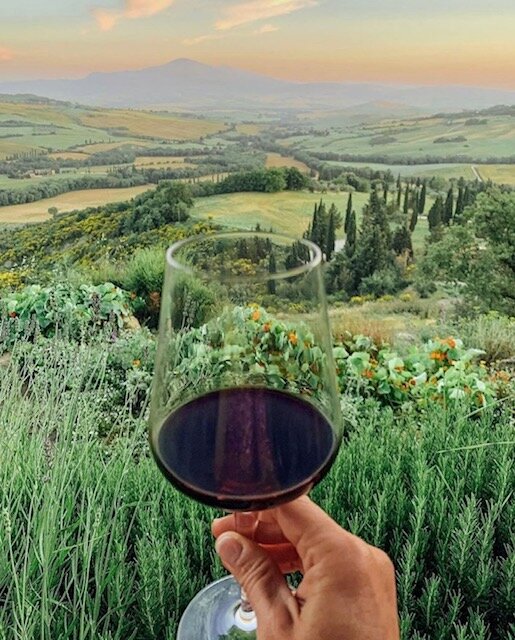Let’s talk Natural, Organic and Biodynamic Wines
Natural wines have grown in popularity in the last decade, which is why we want to offer some of the fundamentals to help you get started on your natural, organic and/or biodynamic wine adventure.
So what is Natural wine?
Natural wine is prepared from organically farmed grapes that have not been treated with pesticides, herbicides, fungicides, or chemical elixirs. These grapes are fermented into wine without the use of flavour-altering chemicals, found in traditional wine making.
The microbiological state of the vineyard is what allows for both good cellar fermentation and the production of wine, that can live without the use of a technological crutch; therefore, maintaining a healthy habitat in the vineyard for these bacteria, is vital for the natural wine farmer.
Now, let’s clarify the difference between organic and biodynamic wines.
Organic wines are concerned with what is not done to the grapes, whilst biodynamic wines are concerned with what is done to the grapes.
Biodynamic wines take organic wine a step further by preparing the soil and atmosphere to help the grapes to grow as healthily as possible. The process of making biodynamic wine involves focusing on the entire vineyard and growing environment as one ecological system.
Any wine labelled simply organic is often prepared with chemical-free fruits which are then vinified with the same additives as conventionally manufactured wine.
So, how organic are biodynamic wines?
Very organic, however the amount of soil management elevates biodynamic wines to a higher level. Biodynamic farming uses complicated herbal mixtures and composts, which are typically connected to spiritual causes and referred to as "preparations."
The idea of biodynamic wine can be linked to Austrian philosopher, Rudolph Steiner's beliefs, which combined science with spirituality, and considering this to be a full comprehension of the natural world. In viticulture (study of grape cultivation), this entails perceiving a vineyard as a single living organism.
Biodynamic wines and natural wines must comply to their own set of rules established by the Demeter Organisation. And even a minor detection of a banned substance could result in a farmer losing their biodynamic certification for three years.
While finding your go-to wine is somewhat of a labour of love, any iteration of sustainable wine is a surely a step forward - and a movement that we predict will only gather pace.
3 Natural Wines to Try:
Best Rose: Martha Stoumen "Teal Drops Rosé" 2017
It's impossible to feel blue after drinking Martha Stoumen's dazzling, sultry and welcoming Teal Drops rosé. It smells like tart cherries on a midsummer’s day spent by the pool and tastes like ripened strawberries delicately wrapped in vanilla coating. Teal Drops is succulent but dry, with well-integrated oak.
Perfect for: dinner parties, privée affairs and day drinking.
Best White: Pinard et Filles “Chardonneret” 2017
This unfiltered Chardonnay smells like apples dipped in freshly squeezed lemon, with a hint of honeysuckle. An energising Meyer lemon acidity trickles through, pulsing through each sip, while notes of green apples and Asian pears reverberate.
Perfect for: a brunch that eases into a lunch.
Best Red: Benziger 2017 de Coelo Arbore Sacra Pinot Noir
A succulent assortment of of cranberry, strawberry and spice, this biodynamically-farmed, palate-lingering pinot noir, promises to mature over time and boasts a wine enthusiast score of 92. This stunning wine hails from Sonoma-based family vineyard Benziger, who are experts in sourcing the best, organically certified, Californian grapes.
Perfect for: a candle lit evening.





